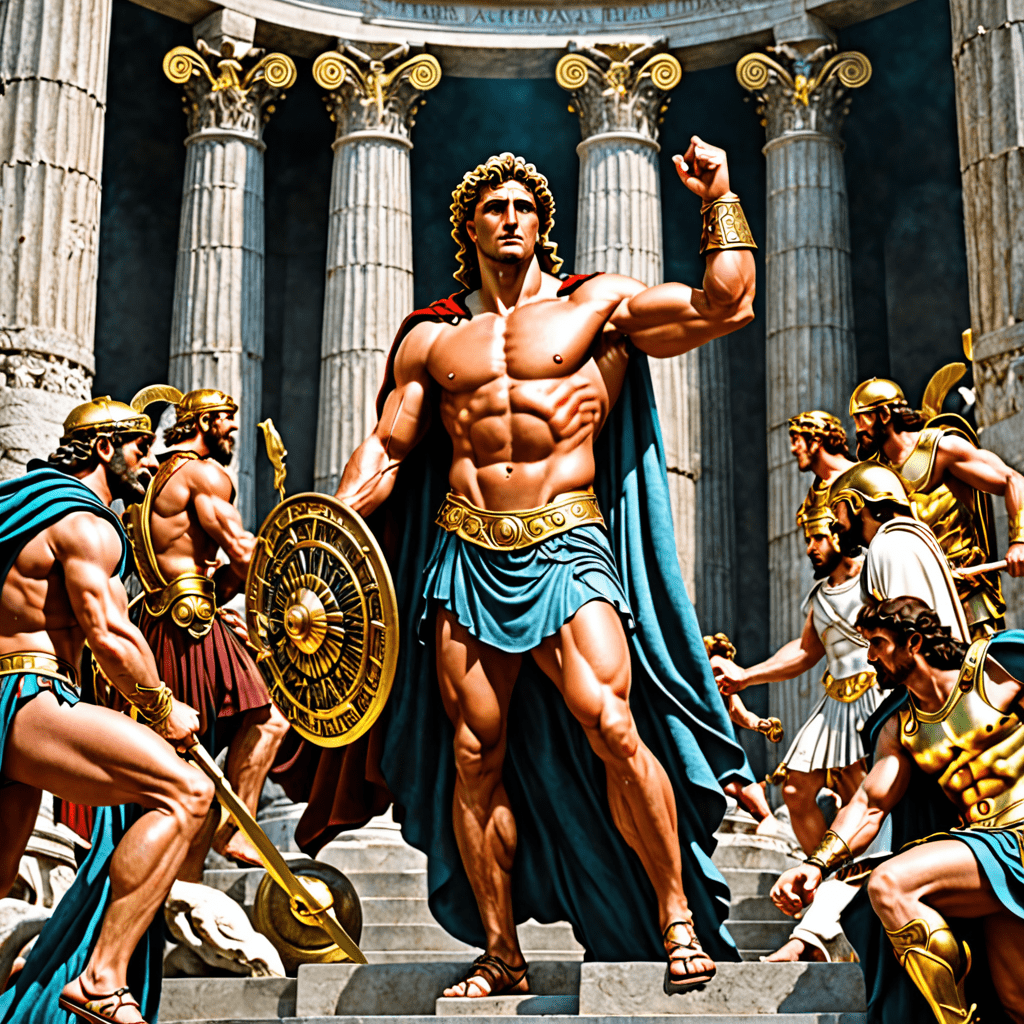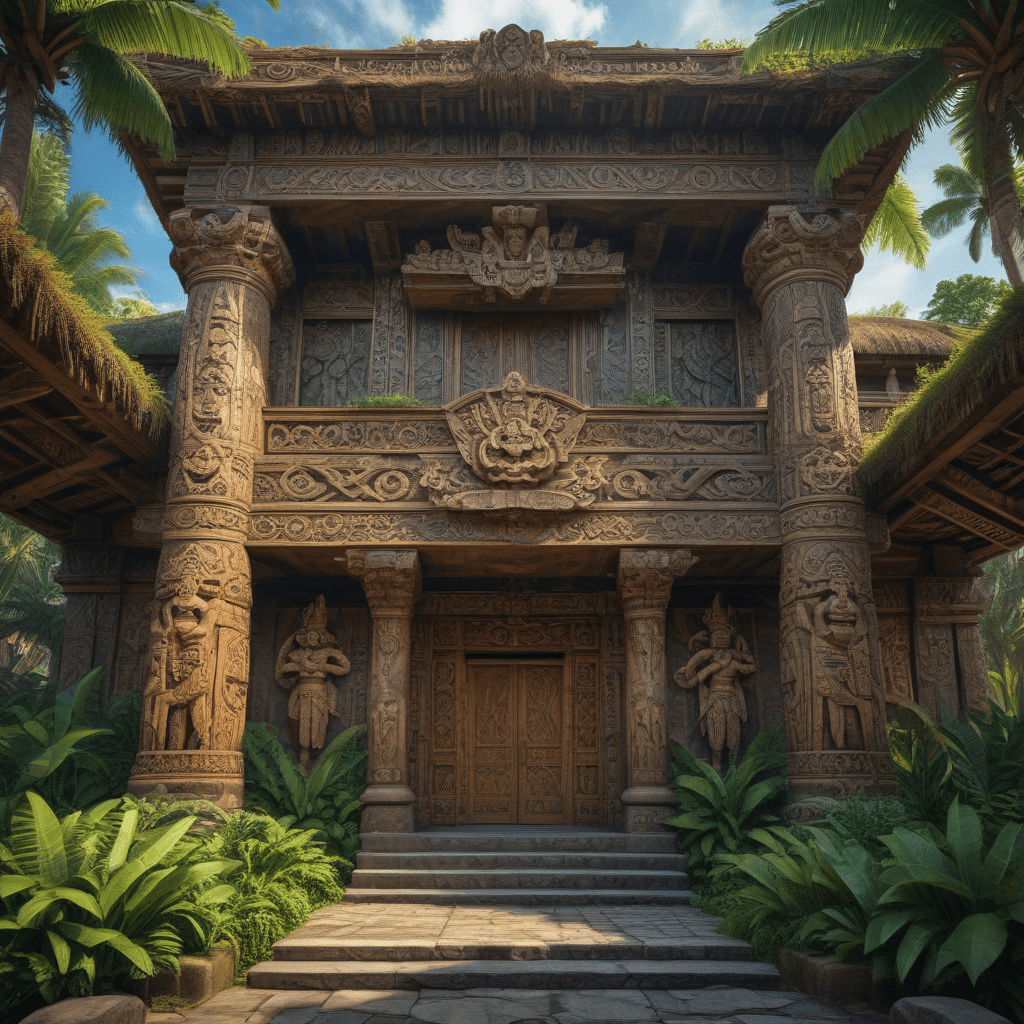The Intriguing World of Roman Mythology
Roman mythology is steeped in tales of gods and goddesses, heroes and monsters, and themes of power and authority that continue to captivate audiences today. Understanding the concept of power and authority within Roman mythology opens a window into the beliefs and values of the ancient Romans.
The Gods and Goddesses of Ancient Rome
In Roman mythology, several powerful gods and goddesses held dominion over various aspects of life. Jupiter, known as the king of the gods, represented the divine authority and power over the heavens and thunder. Juno, his wife, embodied the protector of the Roman state. Mars, the god of war, exemplified strength and triumph in battle. Each deity wielded authority in their respective domains, guiding and influencing the mortal realm.
The Heroes and Their Quests
Heroes in Roman mythology often embarked on epic quests that tested their strength, courage, and ultimately, their authority. Aeneas, the legendary hero of Virgil’s “Aeneid,” symbolized piety and loyalty to his destiny and the gods. Hercules, known for his incredible feats and Twelve Labors, showcased the idea of overcoming adversity through sheer power and determination. These heroic figures exemplified both the rewards and responsibilities that come with possessing authority.
The Symbolism of Power and Authority
Power and authority in Roman mythology were not merely physical attributes but also symbolic of broader concepts such as order, justice, and divine will. The Roman concept of “imperium” encompassed the legal right to command and govern, granted by the gods and the people. Just as the gods ruled the celestial realm, Roman emperors sought to align themselves with divine authority to legitimize their rule on earth. This intertwining of mortal and divine authority shaped Roman society and governance.
Legacy of Roman Mythology in Modern Society
The enduring influence of Roman mythology on modern culture is evident in literature, art, and even political symbolism. Themes of power, authority, and the divine continue to permeate storytelling and inspire creative works. By studying Roman mythology and delving into its exploration of power and authority, we gain insights into the complexities of human nature, leadership, and our eternal quest for understanding the forces that shape our world.
FAQ: Roman Mythology
What is Roman mythology?
Roman mythology refers to the beliefs and stories of the ancient Romans concerning their gods, goddesses, and legendary figures. It is a rich tapestry of tales that explain the origins of the world, natural phenomena, and the roles of divine beings in shaping human destinies.
How does Roman mythology explore the concept of power and authority?
Roman mythology delves into the themes of power and authority through its portrayal of deities who wield immense power over the mortal realm. The myths often reflect the hierarchical structure of Roman society, with gods like Jupiter representing supreme authority.
Which Roman gods symbolize power and authority?
Several Roman gods embody power and authority in different aspects. Jupiter, the king of the gods, represents supreme authority and protection. Minerva, the goddess of wisdom and war, reflects strategic power and tactical prowess. Mars, the god of war, stands for militaristic authority and strength.


